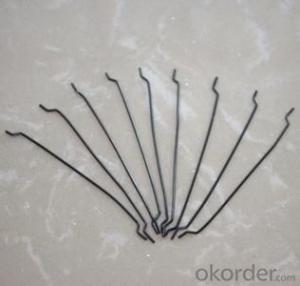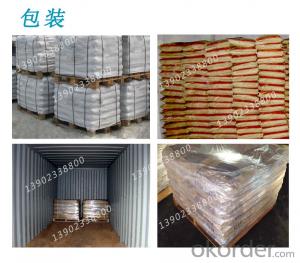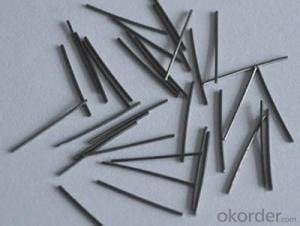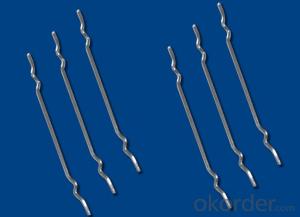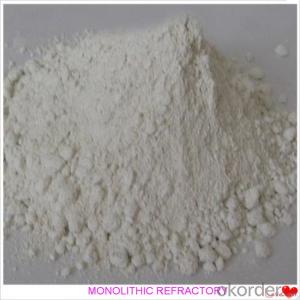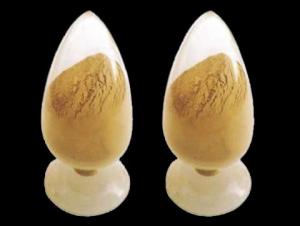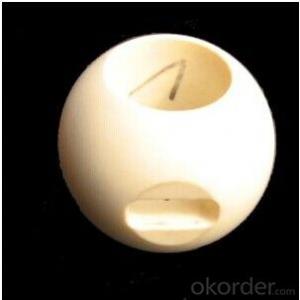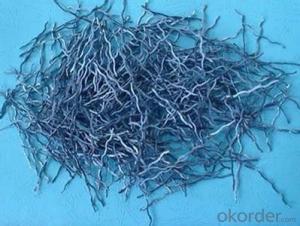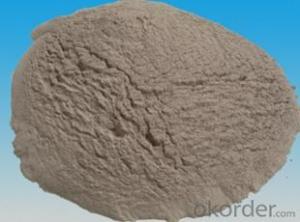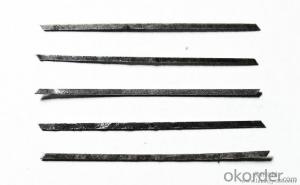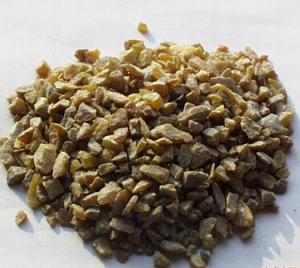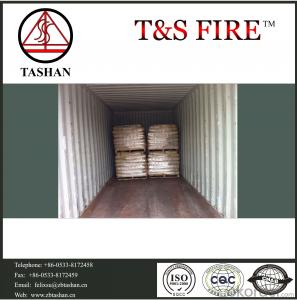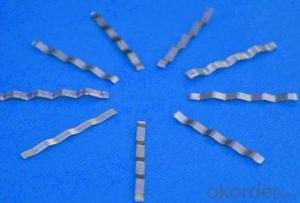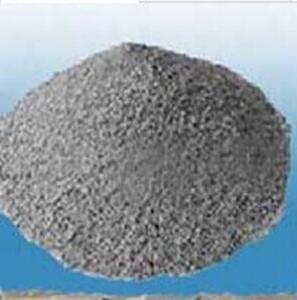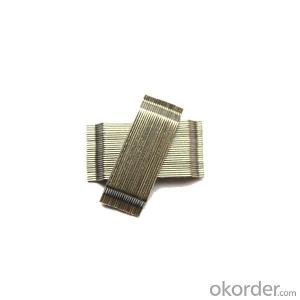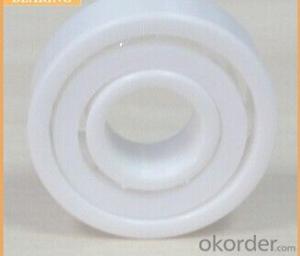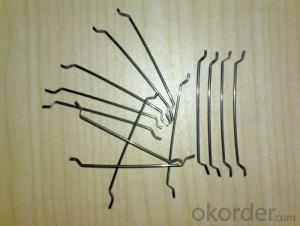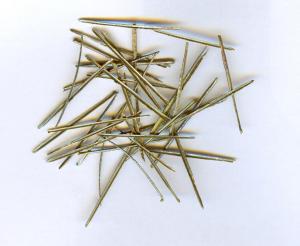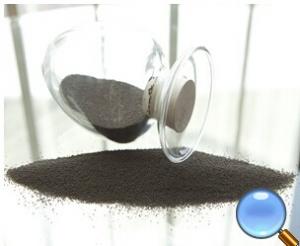All Categories
- - Steel Wire Rod
- - Steel Coils
- - Steel Profiles
- - Steel Pipes
- - Stainless Steel
- - Tinplate
- - Special Steel
- - Steel Sheets
- - Steel Rebars
- - Steel Strips
- - Hot Rolled Steel
- - Cold Rolled Steel
- - Pre-painted Steel
- - Seamless Steel Pipe
- - Welded Steel Pipe
- - Hollow Steel Tubes
- - Galvanized Pipe
- - Stainless Steel Coil
- - Stainless Steel Sheet
- - Stainless Steel Plate
- - Stainless Steel Strips
- - Electrolytic Tinplate Coil
- - Electrolytic Tinplate Sheet
- - Stainless Steel Rebars
- - Solar Panels
- - Solar Water Heater
- - Solar Related Products
- - Solar Inverter
- - Solar Cells
- - Solar Light
- - Solar Energy Systems
- - Solar Controllers
- - Solar Mounting System
- - Solar Pump
- - Solar Chargers
- - Fiberglass Chopped Strand
- - Fiberglass Mesh Cloth
- - Composite Pipes
- - FRP Pultrusion Profiles
- - Fiberglass Mat Tissue
- - Fiberglass Fabrics
- - Fiberglass Mesh
- - Composite Tank
- - Fiberglass Mesh tape
- - Polymer
- - FRP Roofing Panel
- - Fiberglass Roving
- - Monolithic Refractories
- - Ceramic Fiber Products
- - Refractory Bricks
- - Raw Materials For Refractory
- - Suspended Platform
- - Cranes
- - Concrete Machinery
- - Earthmoving Machinery
- - Building Hoist
- - Road Building Machinery
- - Plastic Pipe Fittings
- - Plastic Tubes
- - Plastic Sheets
- - Agricultural Plastic Products
- - Plastic Nets
Q & A
How do monolithic refractories perform in continuous heating applications?
Monolithic refractories perform exceptionally well in continuous heating applications due to their high thermal conductivity, excellent resistance to thermal shock, and ability to withstand extreme temperatures for extended periods. They provide superior insulation, durability, and stability, making them ideal for use in industries like steel, cement, and glass production, where continuous heating is integral to the manufacturing process.
How do monolithic refractories compare to brick refractories in terms of installation?
Monolithic refractories have an advantage over brick refractories when it comes to installation. Unlike brick refractories, which require individual bricks to be laid and mortared together, monolithic refractories are installed as a single, cohesive unit. This eliminates the need for complex bricklaying techniques and reduces installation time and labor. Monolithic refractories also offer better flexibility in terms of shaping and fitting into irregular spaces, making them a more convenient choice for installation in various applications.
How are monolithic refractories used in the cement industry?
Monolithic refractories are used in the cement industry for several applications, including in the lining of kilns, furnaces, and other high-temperature equipment. These refractories are designed to withstand extreme heat and chemical exposure, providing insulation and protection to the equipment. They are typically made from a single material, such as alumina or silicon carbide, and are cast or sprayed onto the desired surface. Monolithic refractories offer advantages such as easy installation, reduced maintenance, and improved energy efficiency in the cement manufacturing process.
How long does it take for monolithic refractories to cure?
The curing time for monolithic refractories varies depending on the specific type and application, but generally, it can take anywhere from a few hours to several days.
What are the disadvantages of using monolithic refractories?
One major disadvantage of using monolithic refractories is their limited lifespan. They tend to have a shorter service life compared to traditional refractory bricks. Additionally, monolithic refractories can be more challenging to install and require skilled labor due to their fluid nature during application. They also have a higher risk of cracking or spalling under thermal stress, which can lead to reduced performance and the need for frequent repairs or replacements.
Wholesale Monolithic Refractories from supplier in Papua New Guinea
Our Monolithic Refractories products are of the highest quality, designed to withstand extreme temperatures and harsh conditions. Whether you need refractory bricks, castables, or gunning mixes, we have a wide range of options to meet your specific requirements.
In addition to supplying top-quality products, we also offer comprehensive technical support services. Our team of experts can provide guidance on product selection, installation, and maintenance, ensuring optimal performance and longevity of your refractory materials.
Furthermore, we understand the importance of timely delivery to keep your projects on schedule. Our efficient logistics network allows us to deliver your orders promptly, minimizing downtime and maximizing productivity.
As a subsidiary of CNBM, a global leader in building materials, we have access to a vast network of resources and industry expertise. This enables us to stay at the forefront of technological advancements and offer innovative solutions to our customers in Papua New Guinea.
At our company, customer satisfaction is our utmost priority. We strive to exceed your expectations by delivering exceptional products and services. Whether you are involved in the mining, metallurgy, cement, or energy industries, we have the knowledge and expertise to meet your specific needs.
Choose us as your trusted partner for all your Monolithic Refractories requirements in Papua New Guinea. Contact us today for a personalized consultation and let us support you in achieving your project goals.
In addition to supplying top-quality products, we also offer comprehensive technical support services. Our team of experts can provide guidance on product selection, installation, and maintenance, ensuring optimal performance and longevity of your refractory materials.
Furthermore, we understand the importance of timely delivery to keep your projects on schedule. Our efficient logistics network allows us to deliver your orders promptly, minimizing downtime and maximizing productivity.
As a subsidiary of CNBM, a global leader in building materials, we have access to a vast network of resources and industry expertise. This enables us to stay at the forefront of technological advancements and offer innovative solutions to our customers in Papua New Guinea.
At our company, customer satisfaction is our utmost priority. We strive to exceed your expectations by delivering exceptional products and services. Whether you are involved in the mining, metallurgy, cement, or energy industries, we have the knowledge and expertise to meet your specific needs.
Choose us as your trusted partner for all your Monolithic Refractories requirements in Papua New Guinea. Contact us today for a personalized consultation and let us support you in achieving your project goals.
Hot Search
- Monolithic Refractories in Afghanistan
- Ceramic Fiber Products in Somalia
- Refractory Bricks in Jordan
- Raw Materials For Refractory in Dominica
- Ceramic Fiber Products in Peru
- Raw Materials For Refractory in Austria
- Raw Materials For Refractory in Malta
- Ceramic Fiber Products in Kenya
- Raw Materials For Refractory in Spain
- Monolithic Refractories in Indonesia
